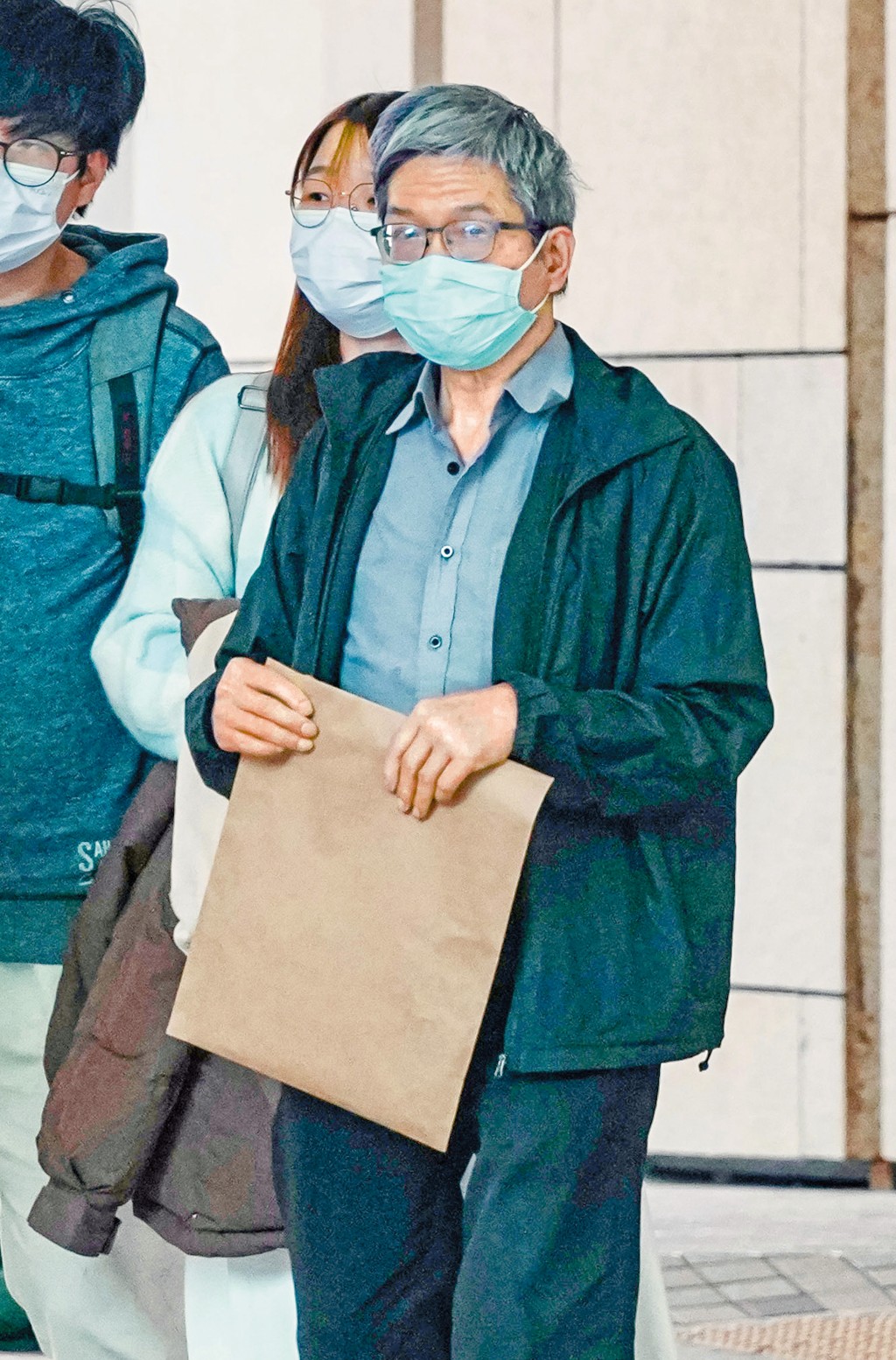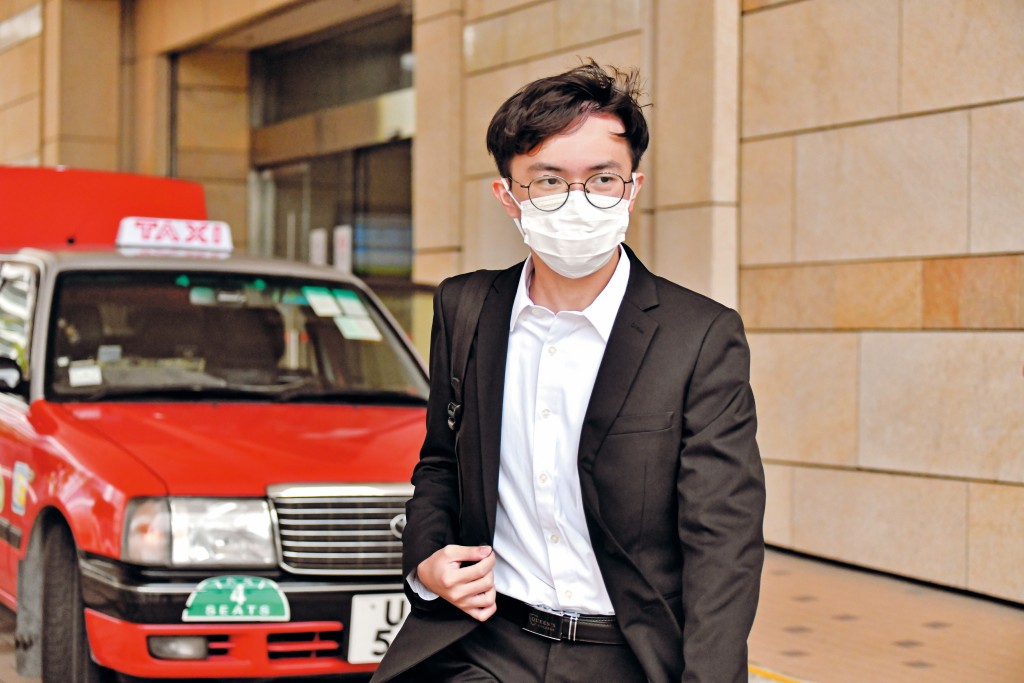Police crack down on election interference as man charged with sedition

Hong Kong’s National Security Department has arrested and charged a 68-year-old local man with “seditious intention” for allegedly inciting others not to vote or to cast blank ballots ahead of the Legislative Council election.
The case was brought before the West Kowloon Magistrates’ Courts last Thursday and has been adjourned to December 30. The defendant was remanded in custody.
Police said the man had used “metaphorical” language on social media to urge others to boycott the elections or submit blank ballots, in an attempt to interfere with and undermine the electoral system.
Investigators believe he has posted more than 100 messages since September last year, including content smearing Hong Kong’s electoral system, calling for subversion of the administration and encouraging foreign interference.
The arrest was made under Section 27A of the Elections (Corrupt and Illegal Conduct) Ordinance, which criminalizes incitement to cast blank votes or not to vote, and under Section 24 of the Safeguarding National Security Ordinance, which covers seditious intention.
Both offenses are considered serious: incitement not to vote carries a maximum penalty of three years’ imprisonment, while seditious intention carries up to seven years.
Separately, the Independent Commission Against Corruption earlier arrested two men and one woman for allegedly reposting messages that incited others to cast blank ballots. All three have been charged under the Elections (Corrupt and Illegal Conduct) Ordinance.
According to the ICAC, the reposted content originated from two individuals—Alan Keung Ka-wai and Tong Wai-hung—who are wanted under national security warrants and believed to be currently overseas. The ICAC obtained court warrants last week to formally list them as wanted persons.
Legal professionals note that other overseas fugitives, including former lawmaker Ted Hui Chi-fung and activist Finn Lau Cho-dik, have also continually disseminated messages encouraging blank voting or boycotts.
“These fugitives, living abroad and speaking recklessly, are obviously ‘telling others to charge while they stay back,’” one legal figure said, urging the public not to share such posts. “If people choose to spread these messages, they will face arrest and prosecution.”
Chief Executive John Lee Ka-chiu has repeatedly warned that “there are signs that anti-China disruptors and external forces are attempting to interfere with and undermine the Legislative Council election,” adding that such actors spread rumors “to deny the legitimacy of the improved electoral system.”
He stressed that the electoral process concerns national security, Hong Kong’s constitutional order and governance, and therefore “the central government’s concern is justified and expected.”
Secretary for Security Chris Tang Ping-keung also reminded the public not to encourage others to cast blank votes or to abstain, and not to circulate such information. He said that beyond violating the Elections Ordinance, activities involving collusion with foreign forces to influence or manipulate the election could contravene the Hong Kong National Security Law.





Legal experts said the recent police and ICAC actions show that inciting blank votes—whether through original posts or reposts—may constitute offenses under multiple laws, including the National Security Law and the Safeguarding National Security Ordinance.
They pointed to a precedent from the 2021 Legislative Council election, when four individuals, including former Chinese University Students’ Union president So Tsun-fung, were convicted and jailed for two months for reposting calls by wanted fugitive Ted Hui urging people to cast blank ballots.
The legal sector urged the public to stay vigilant. “Genuine Hong Kong citizens who love this city should make good use of their voting rights and cast their ballots responsibly,” one legal expert said.
“They should choose candidates who are patriotic, capable and committed to serving the community. If anyone receives messages inciting blank votes, abstention or invalid ballots, they must stop forwarding them and report them to the authorities.
“Law enforcement will continue to monitor such activities and resolutely punish those attempting to sabotage fair and orderly elections. Anyone suspected of interfering with or undermining the electoral process will face legal consequences.” The expert added.



